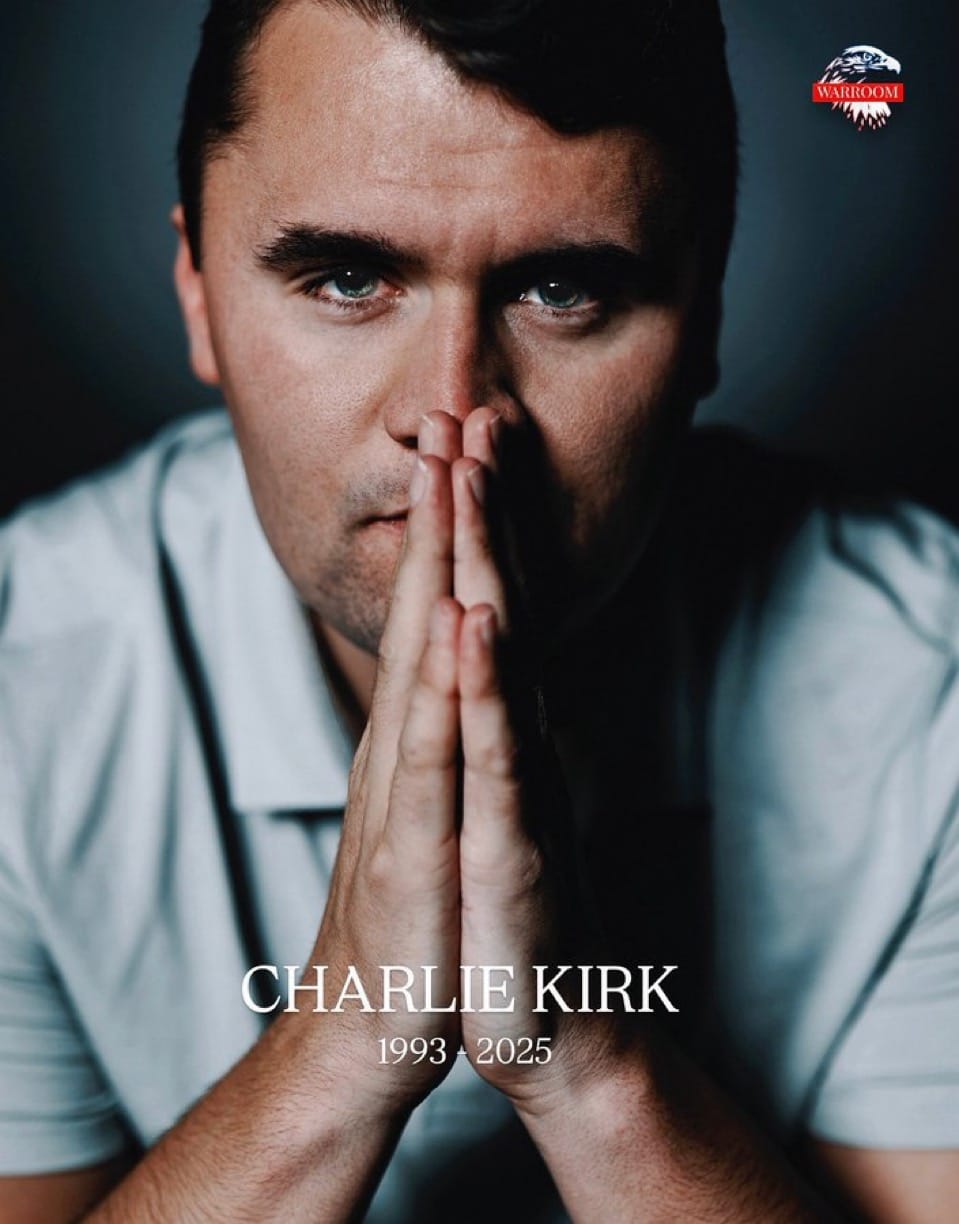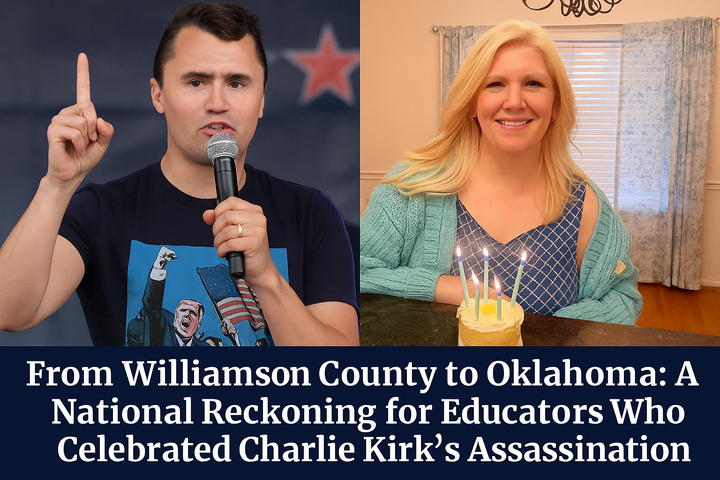Charlie Kirk’s assassination silenced his voice, but his legacy endures: the gospel, lived boldly in politics and life. He proved Christian values must guide the ballot box — truths worth standing for, no matter the cost.
The shocking assassination of Charlie Kirk is still reverberating across the country, and perhaps it will for years to come. He was just 31 years old, a man whose life was far too short, yet one who managed to leave an indelible mark on both the political and spiritual fabric of America. The grief is raw, the anger palpable, but what ought not be lost in the noise is the singular way Charlie Kirk carried himself: as a Christian who refused to separate his faith from his politics, and as a leader who, despite constant criticism, met people where they were with respect, clarity, and grace.
In a culture that often demands compromise, Kirk embodied the opposite. He reminded his audiences — whether a crowd of students on a university campus or a congregation of believers in a church — that the gospel of Jesus Christ is not something to be tucked away into private life. For Kirk, the gospel was the very heartbeat of how we should live, vote, and lead. To him, your politics could not be divorced from your faith. Every ballot cast was a moral decision. Every policy supported or opposed was ultimately a reflection of one’s values before God.


